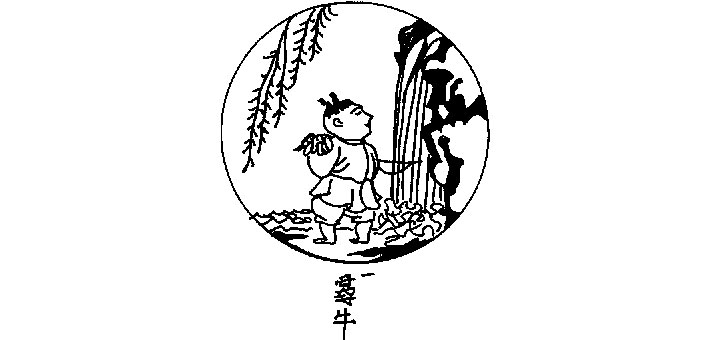CHINESE MEDICINE
What is Chinese Medicine?
Chinese medicine embraces the logic that the best remedy for illness is to avert it. The best cure is prevention. The Nei Jing, a medical classic written in the second century B. C. states:
“Maintaining order rather than correcting the disorder is the ultimate principle of wisdom. To cure disease after it has happened is like digging a well when one already feels thirsty, or forging weapons after war has already begun.”
Classical Chinese medicine doctors are trained to cultivate wellness and to correct ill health. Their philosophy and science of medicine perceive human beings as a microcosm of the universe that surrounds them, animated by the same principles of the macrocosm. Chinese medicine does not rest solely upon the tangible, measurable phenomena of Western Medicine. It recognizes that the subtle, ephemeral, and the invisible are as significant as what can be seen, touched, and counted. Chinese medicine instructs individuals to perceive the way the world functions and recreates harmony within the context of the world.
The way of reasoning that permeates the ancient beginnings of Chinese medicine is the Taoist philosophy. It teaches to study the natural order of things and work with it rather than against it: for trying to change what is, only sets one up for resistance.
The guiding principles of the Tao are:
- everything in the universe is part of the whole
- everything has its opposite
- everything is evolving into its opposite
- the extremes of one condition are equal to its opposite, all antagonisms are complementary
- everything changes – nothing is absolute
This dynamic balance between opposing forces is the ongoing process of creation and destruction. It is the natural order of the universe in a person’s inner being. When this process is in equilibrium there is health and a return to homeostasis in the human body.
Eastern and Western philosophies were similar until the Renaissance of the seventeenth century, when the west revolutionized its thinking. The scientific philosophy of the 1600’s began to consider people as independent of the living systems that surround them. In the western science they are accustomed to viewing events pertaining to disease in a cause and effect fashion, that is A causes B. Chinese medicine moves in an entirely different dimension, one in which various phenomena are interrelated as part of the whole. Western medicine is analytical, dissecting things until the causal links shine through. In Chinese medicine exactly the opposite occurs. The signs and symbols are pieced together and synthesized, until a picture of the whole person emerges. Modern science emphasis is on a correct understanding of the body’s structure. Physiology and pathology are linked with structure. Chinese medicine places the emphasis on function. What happens is more important than what something has come to look like.
Treatment in Chinese medicine is centered on the person rather than the disease. Mainstream western thought understands a mind/body dichotomy. To this way of thinking, the mind and body are separate entities that sometimes interact and influence each other. Chinese medicine on the other hand, tends to view all phenomena as existing on a continuum with poles; thus, there are differences of shade but not of kind. In modern science, precision of measurement and conceptualization are the ideal. Chinese medicine has an affinity for vagueness, due to an appreciation that in nature things are rarely cut and dried, but instead are rather blurred. Disease is viewed as disorder in the body and treatment is directed toward properly ordering or balancing the body’s energetics for each case.
"Though the ways of understanding the world and the body has vast differences with Western medicine vs. Chinese medicine, each does in no way have to negate the other. In fact, in many cases a complementary role is advised. Chinese medicine is not an alternative medicine to Western medicine. Chinese medicine in no way is trying to exclude Western medicine, its goal is to complete it.”
a statement by the late Van Nguyen Nhgi, who was one of the worlds most profound Chinese medicine doctors.
On the other hand, Western medicine completes Chinese medicine. With these factors in mind, practitioners have more comprehensive treatment plans to treat a variety of disorders.


